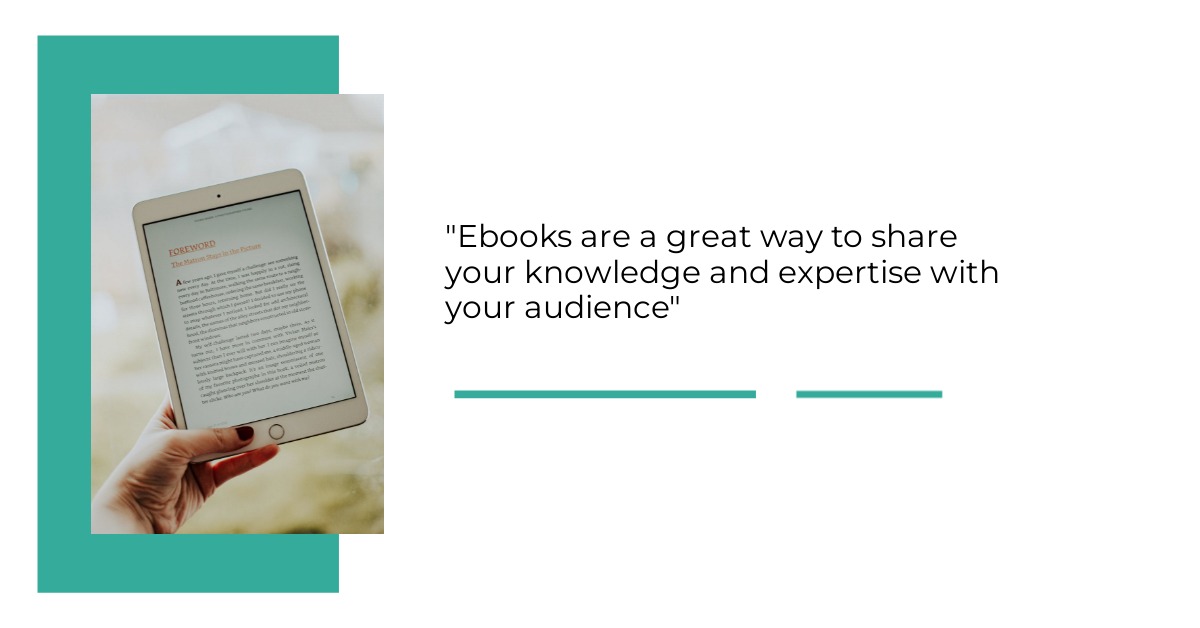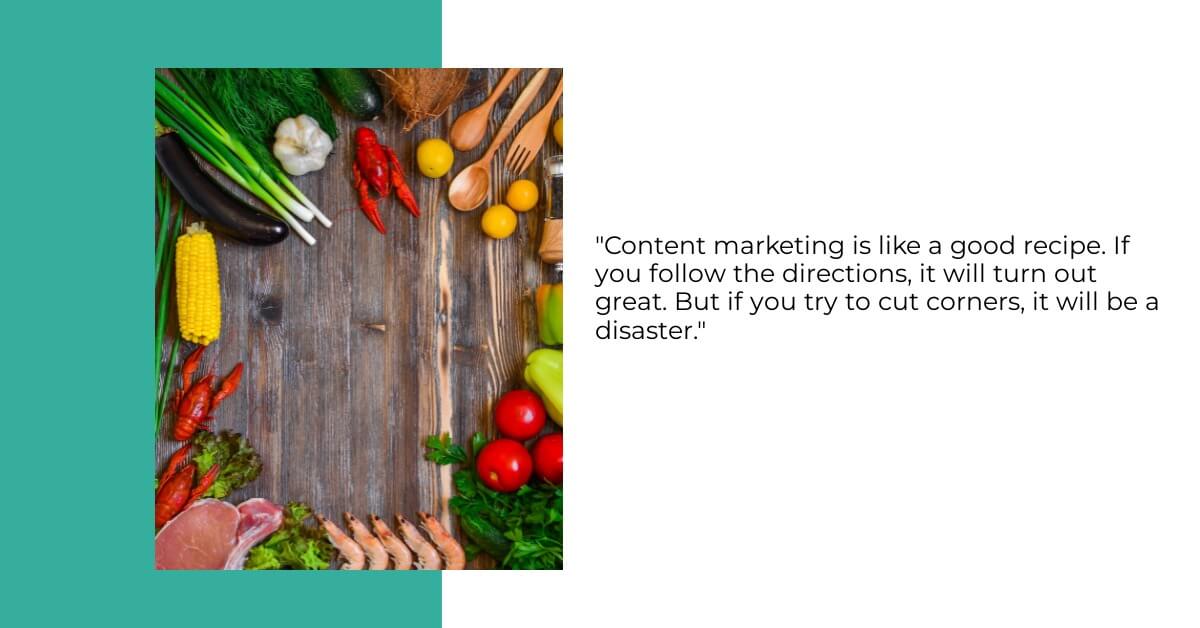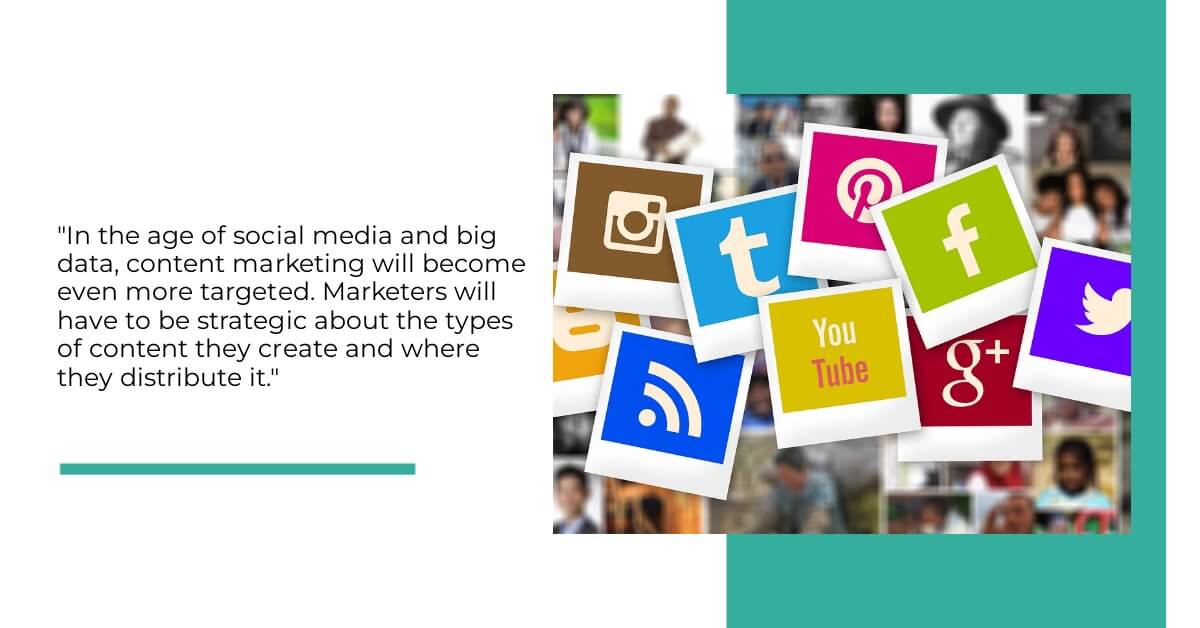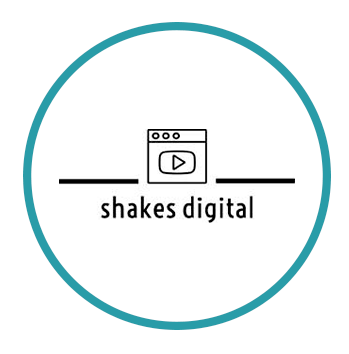Content marketing in business - What is it?
If you're like most people and probably have no idea what content marketing is. It's okay! Content marketing is a relatively new field, and even its practitioners often have trouble defining it. Content marketing in simple terms can be defined as a way of creating and distributing valuable, relevant, and engaging content to attract and retain customers. It's an approach that puts the customer first, rather than the product or service.
That definition may sound a bit off-center, but it’s true: content marketing is far more than just blog posts or infographics. It’s an ongoing commitment to creating valuable content that your audience will find useful and that will help them achieve their goals — whether that’s staying informed, making a purchase, or something else entirely.
Content marketing has its roots in the early days of advertising when businesses would produce short “advertorials” in newspapers and magazines. These advertorials were designed to look like editorial content, but they were actually paid advertisements masquerading as news articles or features.
Today, content marketing is a much more sophisticated form of advertising that is used by some of the world’s biggest brands. It is used by different big companies such as Coca-Cola, Red Bull, and MTN mobile networks to create engaging and informative online material that promotes their products or services.
Content marketing can take many different forms, from blog posts and articles to videos and infographics. The key is to create content that is both informative and interesting, and that will help your customers solve their problems.

Essential components of content marketing
A successful content marketing strategy in a business has three essential components:
1. A distinct target audience: In order to create relevant and useful content, you need to first understand who you’re talking to. That means defining your target audience as specifically as possible, so you can tailor your content to their specific needs and pain points.
2. A focus on creating valuable content: Once you know who you’re talking to, you need to make sure you’re creating content that they actually want to consume — which means it needs to be interesting, informative and, helpful. If it isn’t something your audience will actually find valuable, then it isn’t going to be effective at driving customer action.
3. A plan for how you’ll distribute your content: Even the best pieces of content won’t do much good if nobody sees them. So once you’ve created something great, you need to have a plan for getting it in front of your target audience using the channels they prefer — whether that’s social media, email marketing, search engines, or something else entirely.
The different types of content marketing in business
There are many different types of content marketing that businesses can use to market their products or services. Each type of content marketing has its own advantages and disadvantages, so businesses must choose the right type of content marketing for their needs.
Here are some of the most common:
Blog posts: Blogging is one of the most common and effective types of content marketing. By creating informative, engaging, and well-written blog posts, you can attract new customers and convert leads into sales. Not only is blogging an excellent way to reach out to potential customers, it’s also relatively easy and inexpensive to do. All you need is a topic to write about and a platform to publish your content.
Ebooks: Ebooks are another popular type of content marketing. They are longer than blog posts and usually provide more in-depth information on a given topic. Many businesses use ebooks as lead magnets to attract new leads and customers.Ebooks are also a great way to build thought leadership and establish yourself as an expert in your industry. They’re an excellent lead generation tool because you can offer them as gated content on your website.

Infographics: Infographics are a type of visual content that is becoming increasingly popular. They are highly shareable and can help you communicate complex ideas quickly and effectively. Infographics can be used for a variety of purposes, from explaining a company’s product or service to showcasing customer testimonials or data. When used correctly, they can be an incredibly powerful tool in any content marketing arsenal.
While infographics may take some time and effort to create, the payoff can be well worth it. When done right, they can help your company stand out from the competition, build trust with potential customers, and boost your bottom line.
Webinars: Webinars are a great way for businesses to educate your customers or prospects on a given topic. These are live or recorded online seminars that businesses can use to share valuable information with their audience. Webinars are a great tool for content marketing. They allow businesses to showcase their expertise and build trust with their audience. By providing valuable information, businesses can nurture their relationships with customers and prospects, and ultimately drive sales.

The benefits of content marketing for your business
There are a number of benefits that content marketing can offer your business, but in this article, we will explain a few below.
More Engaged Customers: According to a report by the Content Marketing Institute, content marketing helps you build more engaged customers. By creating and distributing relevant and valuable content, you can attract and retain a clearly defined audience — which leads to increased customer engagement. Engaged customers are more likely to buy from you, recommend your products or services to others, and come back for more. In fact, a study by Bain & Company found that companies with high levels of customer engagement outperform their peers by 85 percent in sales growth.

More Brand Awareness: If you're looking to build more brand awareness for your business, content marketing is a great place to start. By creating and sharing high-quality content, you can reach a wider audience and get them interested in what you have to offer. No matter what type of content you create, make sure it's interesting and engaging. If you can capture people's attention and get them talking about your brand, you'll be well on your way to building a strong reputation and increasing brand awareness.
More leads: Content marketing helps you attract and nurture prospects until they're ready to buy. Here's how it works: By creating and distributing valuable, relevant content, you build trust and credibility with your target audience. This establishes you as a thought leader in your industry, which makes prospects more likely to do business with you.
Content marketing also lets you track your leads and see which ones are most interested in your product or service. This way, you can focus your sales and marketing efforts on the hottest leads, which increases your chances of closing a deal.
More web traffic: Content marketing is essential to driving web traffic and potential customers to your website in today's business world. By creating valuable content that is relevant to your target audience, you will naturally start to rank higher in search engines for keywords that are important to your business. As you continue to produce high-quality content on a regular basis, you will begin to build trust and credibility with your target audience. And when they are finally ready to make a purchase, they are more likely to choose your business over a competitor that they don’t know as well

Cost-effective: Content marketing is the most cost-effective means of marketing your business. Content marketing costs 62% less than traditional marketing and generates about 3 times as many leads. Not to mention, it builds trust and credibility with your audience.
The challenges and possible solutions of content marketing in a business
Content marketing isn’t easy. In fact, it can be pretty challenging at times. Creating valuable, compelling content that actually gets read and shared is no small feat. It requires a lot of hard work, dedication, and creativity. And, even when you do manage to produce something great, there’s no guarantee it will take off. The Internet is a big place, and competition for attention is fierce.

Below are some of the challenges that you might expect while doing your content marketing for your business and some possible solutions
1. Defining your target audience: Creating content without knowing who you're talking to is a recipe for disaster. You could end up wasting time and resources on content that no one will ever read. To avoid this, take the time to define your target audience before you start creating content. This will help you create material that is more likely to resonate with your readers.
Keep in mind that your target audience may not be who you think they are. It's important to do your research and ask questions to get a better understanding of who would be interested in your product or service. Once you've defined your target audience, you can start creating content that will speak directly to them.
2. Creating engaging and compelling content: Any marketer who has been in the business for a long time, knows that creating engaging and compelling content is key to a successful content marketing strategy - but that doesn't make it any easier. Coming up with new and interesting ideas, tailoring those ideas to your audience, and then executing them can be a real challenge. But it's a challenge that's well worth taking on because the payoff can be big.
When done right, content marketing can help you build trust and credibility with your audience, generate leads and sales, and even boost your SEO. So if you're feeling stuck or uninspired, take heart - you're not alone. And with a little effort, you can turn things around and start creating content that really resonates with your audience.

3. Measuring the success of your content marketing campaigns: While content is key to a successful marketing campaign, measuring the success of your content marketing campaigns can be daunting. You often find yourself asking questions like, “How do you know if it's actually working?” Despite the fact that measuring the success of your content marketing campaigns can be difficult, it's not impossible either.
Here are three things to keep in mind when trying to gauge the effectiveness of your content marketing:
Set realistic goals. If you're expecting your content to magically boost sales by 10,000%, you're going to be disappointed. Set achievable goals that you can actually measure, such as increasing web traffic by 5% or getting 10 new leads per month.
Track your progress. Once you have your goals set, it's time to start tracking your progress. Google Analytics is a great free tool that can help you track things like page views and average time on page.
4. Facing the challenge of budget constraints: Budget constraints can be a big challenge for any business trying content marketing. Content marketing requires a significant investment of time and money, and many businesses struggle to justify the expense. It's never easy to do content marketing on a tight budget. However, if you find budget constraints a big challenge, here are a few ways you can cut costs and still produce quality content:
Repurpose existing content: If you have existing blog posts or articles, see if there's any way you can adapt them for use as new content. This could mean republishing an older article with updated information, turning a blog post into an infographic, or creating a new video from existing footage.
Get creative with formats: There are endless possibilities when it comes to content marketing, so get creative with the formats you use.

5. Overcoming the fear of failure: One of the biggest challenges in content marketing is overcoming the fear of failure. This can be a difficult task, as it requires you to put yourself out there and be vulnerable. However, it is important to remember that everyone experiences failure at some point. What separates successful people from others is their ability to learn from their mistakes and continue moving forward.
Here are two tips to help you overcome the fear of failure and succeed with content marketing:
Be clear about your goals. What do you want to achieve with your content marketing? When you know what you're trying to accomplish, it's easier to stay focused and motivated, and less likely that you'll give up when things get tough.
Be realistic about your expectations. Don't expect overnight success; good things take time. Rome wasn't built in a day, and neither is a successful content marketing strategy. Be patient and keep putting out quality content, and eventually, you'll see results.
Learn from your mistakes. It's inevitable that you'll make mistakes when you're first starting out in content marketing. The key is to learn from those mistakes so that you don't make them again in the future. One of the ways you can do this is by; taking a look at what went wrong, what did you do that didn't work and why it failed? Once you identify the problem, you can figure out how to avoid making the same mistake again in the future. Secondly, you can talk to others who are more experienced in content marketing than you are. Ask them for their advice on what works and what doesn't. They may have some valuable insights that you can use to improve your own content marketing strategy.
So why bother?
Well, because content marketing can be highly effective if done right. It’s a great way to attract and engage customers, build relationships, and even boost sales. Plus, it’s one of the most cost-effective marketing strategies out there. In fact, some businesses have seen remarkable results with very little investment. Though, it’s very important to understand the challenges of content marketing so you can be prepared for anything that comes your way.

What does the future hold for content marketing?
The future of content marketing is very exciting. With the advent of new technologies, there are more opportunities than ever before to create engaging and informative content. Here are a few predictions we believe on how the future holds for content marketing in business.

1. There will be an increased focus on quality over quantity. In the past, companies have often been concerned with pumping out as much content as possible. However, this is no longer effective. With so much noise online, audiences are becoming more discerning. They’re only interested in consuming high-quality content that is relevant to their needs.
2. Companies will start to pay more attention to data. Data analytics will play a big role in content marketing in the future. Companies will use data to understand their audiences better and to produce content that resonates with them.
3. Visual content will become increasingly important. We live in a visual world, and that trend will only continue. As we consume more and more digital content, we crave visuals — whether it’s photos, videos, infographics, or something else entirely.
4. Storytelling will become even more crucial. In a sea of digital content, it can be hard to stand out from the crowd. One way to do this is through storytelling — using narratives to connect with audiences on an emotional level.
5. Content marketing will become even more targeted. As companies get better at understanding their audiences, they’ll be able to produce content that is highly targeted and personalized for each individual reader.

Conclusion
It's no secret that content marketing is the lifeblood of most online businesses. On the other side, it is important to create great content that will drive traffic and convert visitors into customers. It's not easy to create great content on a consistent basis, but it is a formula that will always work. We hope that this blog article can be a helpful tool for you in your journey to create amazing content for your business. If you have any questions about content marketing, please don't hesitate to reach out to us. In case you are wondering how you can get started with developing your content, you can take advantage of our SEO content writing services. Our goal is to ensure that your business thrives online with great content. Thank you. Stay on the lookout for the next blog article…!!!


